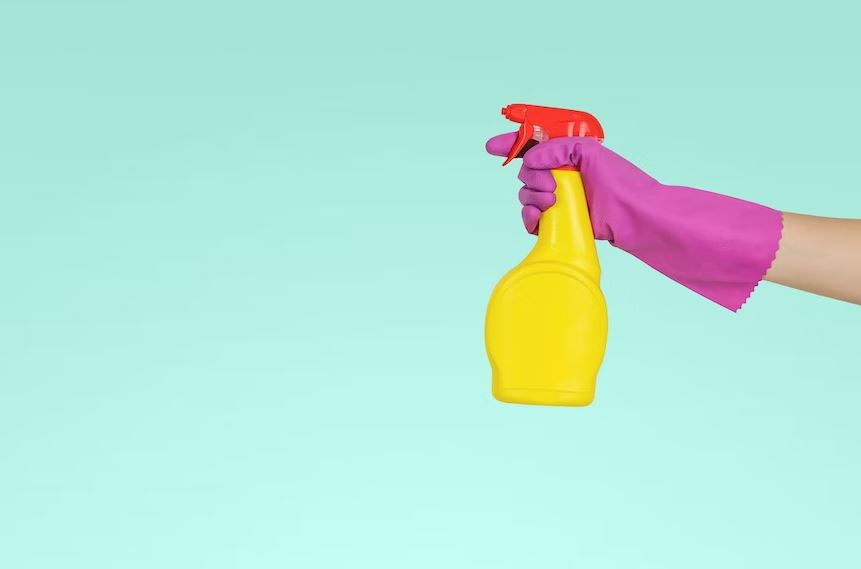Your body is home to millions of tiny creatures. In fact, there are more microorganisms living on and in your body than there are human cells! Most of these microbes are harmless, and some are even helpful. But a few can cause infections. There are a few different ways you can prevent infections from occurring, and in this article, we are going to discuss six of the best. Let’s get started!
Use A Sterilizer For Your Things
If you’re wanting to prevent the spread of germs and infections in your establishment, it’s important to invest in some quality sterilizing equipment for your utensils. Sterilizers are most commonly used in hospitals and clinics, but can also be found in laboratories and other settings where sterile equipment is needed. Autoclave sterilizers work by using steam as their sterilizing agent to kill bacteria and other microorganisms on surfaces. The steam penetrates fabrics and crevices, reaching areas that would be difficult or impossible to clean with conventional methods. To ensure effective sterilization, the sterilizers must be used according to the manufacturer’s instructions. Loads must be properly arranged in the chamber so that steam can circulate freely.
Items should not be stacked on top of each other, and porous items should be placed in a special container called an autoclave bag. Once the cycle is complete, the sterilizer will release the steam and pressure automatically. The door can then be opened and the sterile equipment removed.
Wash Your Hands
Washing your hands with soap and water is the most effective way to prevent infection. Washing your hands with soap removes dirt, grease, and other harmful substances that can cause illness helps to remove bacteria and viruses that can cause infection, and is generally considered the best way to avoid getting sick and spreading illness to others.
When Should You Wash Your Hands?
It’s important to wash your hands:
- Before, during, and after preparing food
- Before eating food
- After using the toilet or changing diapers
- After handling garbage or rubbish
- After touching animals or animal waste
- Whenever your hands are dirty
How Should You Wash Your Hands?
Wet your hands with clean, running water (warm or cold), turn off the tap, and apply soap. Lather your hands by rubbing them together with the soap. Be sure to lather the backs of your hands, between your fingers, and under your nails. Scrub your hands for at least 20 seconds. Rinse your hands well under clean, running water. Dry your hands using a clean towel or air dry them. If soap and water are not available, use an alcohol-based hand sanitizer that contains at least 60% alcohol. Rub the gel over all surfaces of your hands and fingers until they feel dry.

Avoid Touching Your Face
There are a few reasons why avoiding touching your face can help to prevent the spread of infections. First, when you touch your face, you are more likely to transfer bacteria and other germs from your hands to your nose, mouth, or eyes. These are all places where infections can easily take hold. Second, touching your face can irritate your skin, making it more vulnerable to infection. Finally, if you have an open wound on your hand, touching your face can allow bacteria and other germs to enter the wound and cause an infection. So, it’s best to avoid touching your face as much as possible to help prevent the spread of infection. This includes your eyes, nose, and mouth.
Stay Away From Sick People
If someone you know is sick, try to avoid close contact with them. This will help reduce your risk of becoming infected yourself.
Disinfect Surfaces That Are Commonly Touched
You should thoroughly disinfect your surfaces regularly. This includes door handles, light switches, countertops, and anything else that gets a lot of traffic in your home or office. Use a household cleaner or disinfectant to clean these surfaces.
Cover Your Mouth
Cover your mouth with both hands when you sneeze or cough. This will help prevent droplets from your mouth or nose from spreading germs to others. Be sure to use a tissue or your sleeve (not your hands) to cover your face when you sneeze or cough.
Get Vaccinated
Vaccines can help protect you from some infections, such as influenza. Talk to your doctor about which vaccines are right for you based on your age, health condition, and lifestyle.
Stay Clean Out There!
It is clear that there are many things you can do to help prevent the spread of infection. Investing in quality sterilizing equipment for your utensils, washing your hands regularly, avoiding touching your face, and staying away from sick people are all good ways to protect yourself. You should also disinfect surfaces that are commonly touched and get vaccinated against infections such as influenza. By following these tips, you can help keep yourself healthy and prevent the spread of infection. Stay clean out there!

